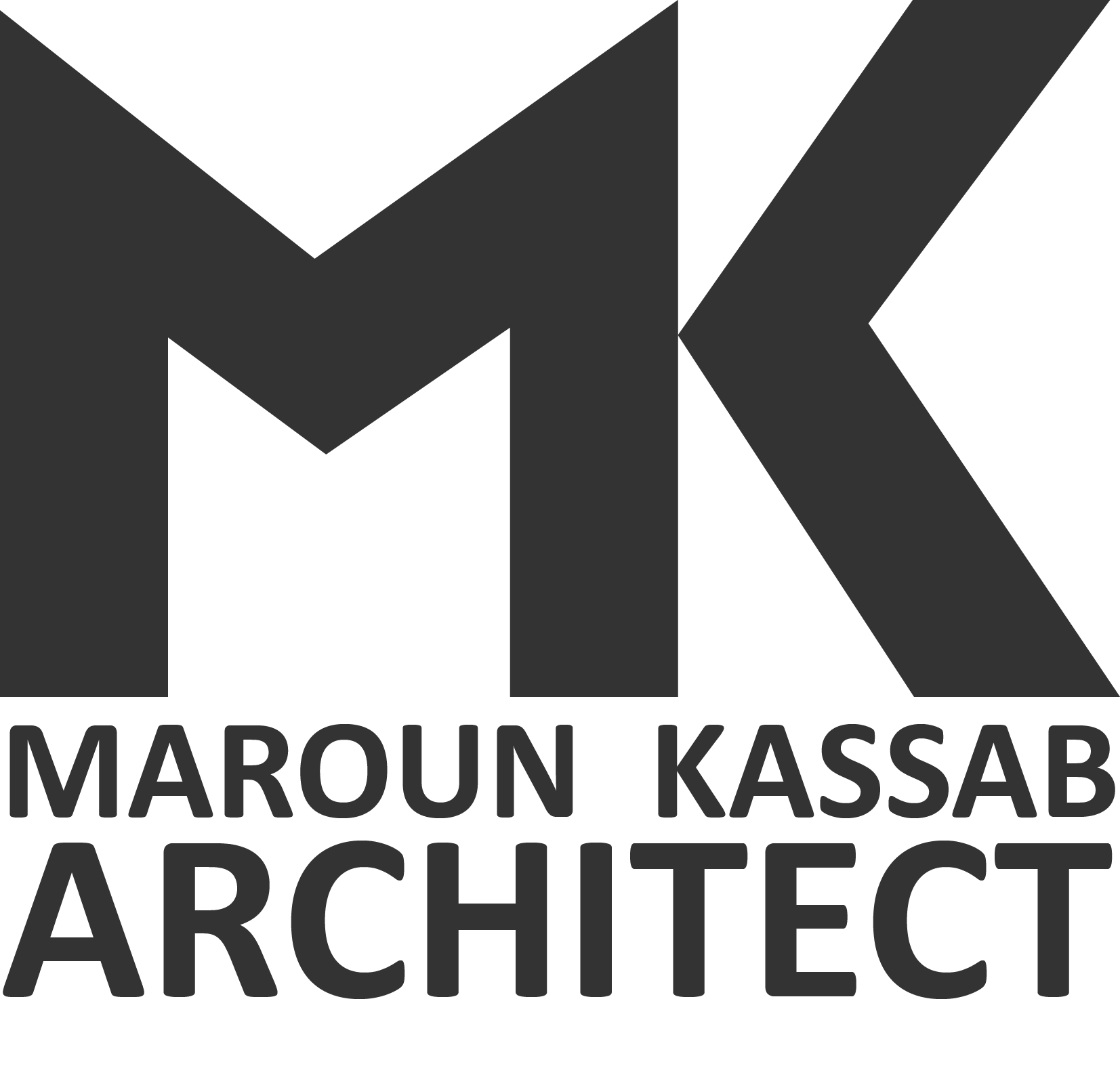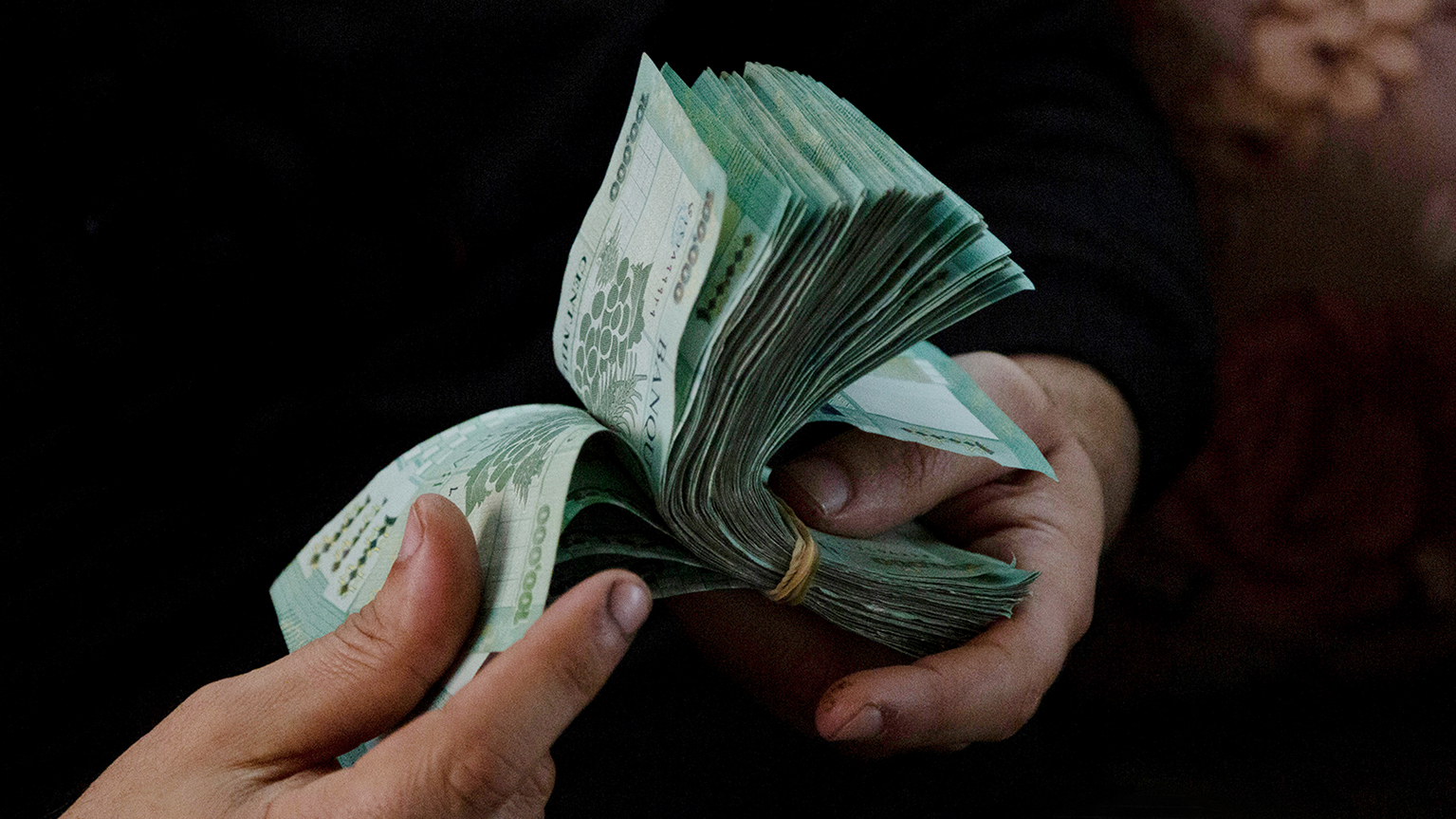I have been thinking recently about the word “economy”. The word itself seems to hold questionable definitions. The ones I am interested in are the following:
1: The wealth and resources of a country or region, especially in terms of the production and consumption of goods and services.
2: The careful management of available resources.
Both of these definitios stand at odds in regards to two terms. The first is “wealth” and the second “careful”. We have been indoctrinated to think of economy in terms of wealth. The entire world survives on debt, which is nothing more than borrowing from the future. In actuality, I prefer a slightly different definition. I would define “economy” as ” the sustainable management of frugality”. This definition portrays better a concurrent state of frugality and devising a sustainable management plan. The concept of “sustainable management of frugality” is an interesting way to think about the economy, as it shifts the focus from mere accumulation of wealth to responsible use of resources. In essence, it suggests that a strong economy should prioritize long-term sustainability and responsible resource management over short-term gain.
In the case of Lebanon, the economy has been struggling for years, with a number of factors contributing to its current state. Political instability, corruption, and the impact of regional conflicts have all taken a toll on the country’s economic well-being. The country has also been heavily indebted for many years, which has limited its ability to invest in infrastructure and other areas that could help promote economic growth.
To address these challenges, Lebanon will need to adopt a more sustainable approach to economic management. This could involve a number of measures, including reducing reliance on imports and developing domestic industries, investing in renewable energy and other sustainable technologies, and promoting responsible resource management practices.
At the same time, it will be important for the government and other stakeholders to address the root causes of the country’s economic challenges, including corruption and political instability. Without addressing these issues, it will be difficult to achieve meaningful progress in terms of building a more sustainable and prosperous economy.
Alas, none of these elements have been considered in regards to the Lebanese economy.
Update March 19,2023:


